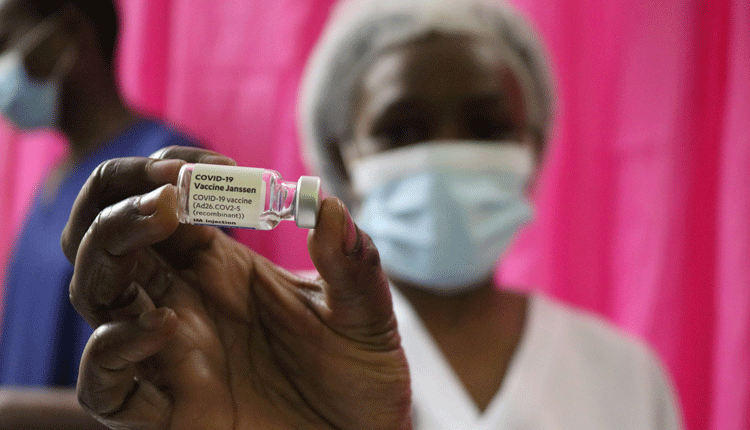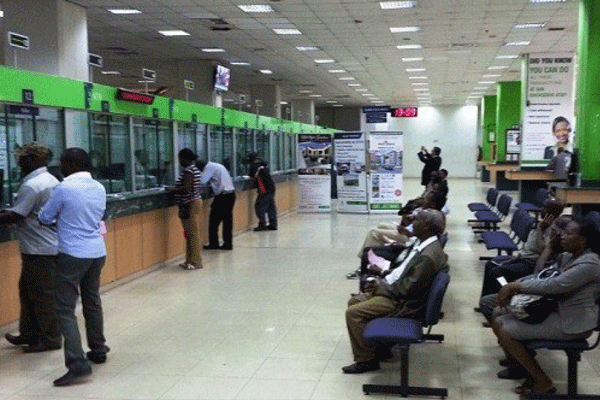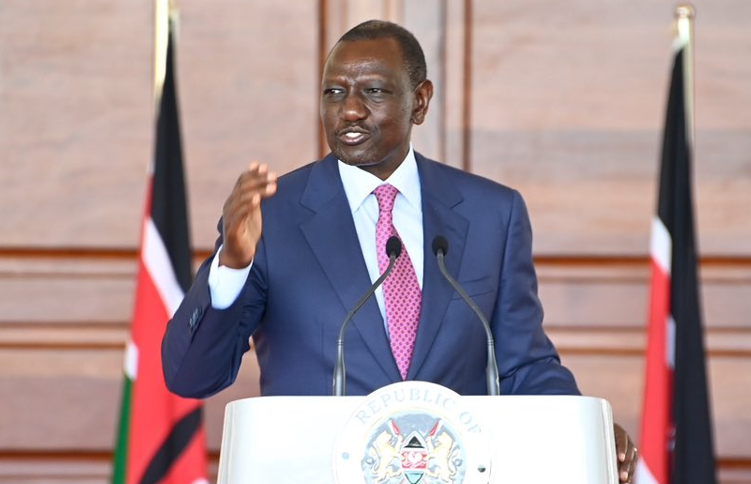Rethinking Kenyan creative sector post-lockdown

Thomas Bundi
The gradual easing of Covid-19 containment measures gives Kenya an opportunity to address local inefficiencies in creative and cultural policy and business planning that has been amplified by the pandemic.
Long term solutions relating to industry practice and policy after lockdown are still works-in-progress.
In the global screen industry sub-sector, France and China recently announced the re-opening of cinemas on condition that patrons maintain social distance.
The Shanghai Film Festival was held at a physical location with venues holding not more than 30 per cent occupancy. The Beijing Film Festival is s set to go ahead later this year.
After an initial curfew, Australian TV series Neighbours resumed filming with strict movement controls.
Actors, crew and equipment are assigned specific colour coded zones and movement across different zones is banned.
However, shooting has been cancelled as a recent spike in new cases in Melbourne has forced a second lockdown.
Locally, resumption of flights to and from Kenya will open travel to international production crew to resume filming.
Occupational Health and Safety measures for the creative and cultural industries will generally follow Ministry of Health guidelines but working methods have transformed forever. Issues to be considered cut across sectors.
How will thespians adapt to rehearsals and performance amid social distance and face mask rules?
How will sub-sectors adapt to health insurance requirements against Covid-19 claims?
How fast can creative and cultural policy evolve in unforeseen situations?
Of importance is safeguarding of health and prevention of new infections. Personal responsibility cannot be overstated in this regard.
Health concerns will continue influencing short term policy measures but executing long term strategies is crucial in adjusting to new normal.
For instance, the recent ban on the importation of mitumba presented a chance to build and promote the Kenyan fashion and textile industry.
Local fashion has the potential of moving beyond uniforms and ceremonial wear to fast fashion and everyday clothes.
This is evidenced by popularity of annual sales by the Export Processing Zone businesses, proving there is a ready market.
Creative and cultural industries will play a key economic development role as Kenya contemplates the African Continental Free Trade Area, UK-Kenya and US-Kenya free trade deals.
Economic diversification through a sustainable content production ecosystem would provide direct employment, support local attractions and benefit services such as catering, transport and hotels.
An ideal screen production ecosystem would comprise public investment in attracting international productions mainly through tax incentives and producing an annual minimum number of world class feature films for local and international distribution.
Currently, Kenya has no dedicated film and screen content production policy.
New media such as virtual, augmented and mixed reality present opportunities that could complement industries such as tourism and education; Internet of Elephants is a valid example.
Online learning offer opportunities in digital content production, with companies such as Book Bunk creating digital libraries that may provide a blueprint.
The threat and uncertainty of Covid-19 may delay, but should not deter implementation of previous planning efforts.
Re-opening is a challenge for us to forge ahead with view that long term solutions will to evolve. — The writer is a Screen Media Producer










